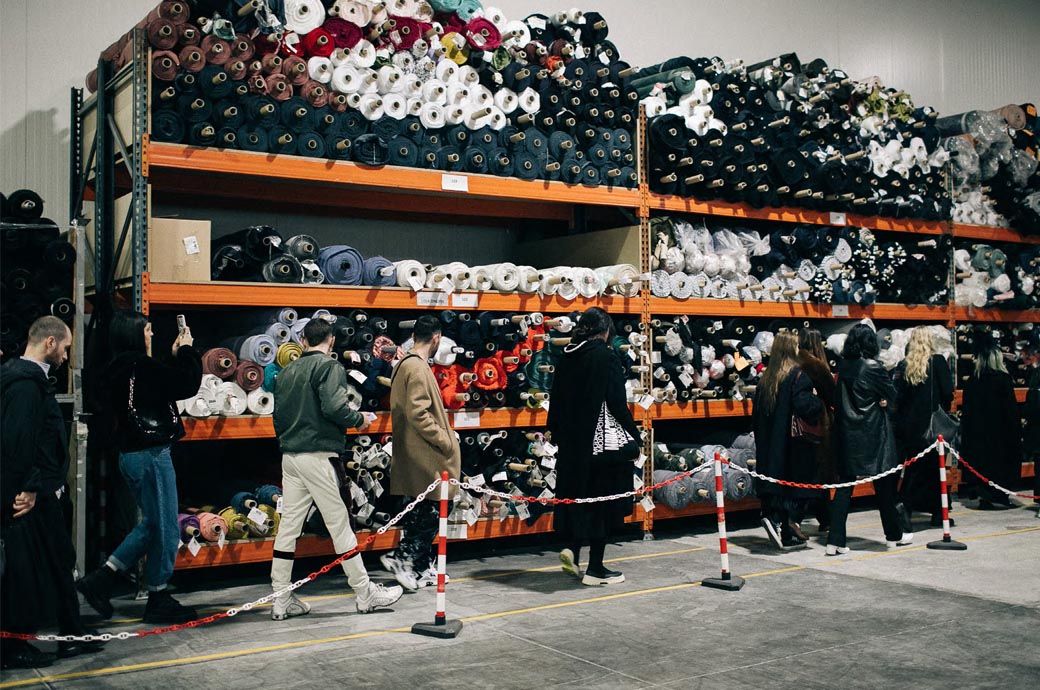Entertainment
EFA: Key Barriers Hindering European Brand Transformations

European brands are facing serious challenges in their quest for transformation, as highlighted by a recent report from the European Fashion Alliance. Despite a strong desire within the European fashion sector to adopt sustainable practices, a range of significant barriers continues to obstruct many brands from making meaningful changes. The Status of European Fashion Report 2024 underscores this issue, indicating that while there’s a commitment to ethical and sustainable business models, knowledge gaps, insufficient financial resources, and a lack of skilled personnel are major hurdles.
The report emphasizes that the transition towards a more ethical, transparent, and sustainable fashion industry hinges on embracing new regulations and innovative technologies. It notes that while many companies recognize the necessity of this shift, the journey is fraught with complexities, particularly as environmental and social regulations grow more rigorous. There is a crucial need for clear guidelines and financial support to help brands navigate these challenges. Investment in training and dedicated personnel is essential for facilitating the adoption of greener practices.
Moreover, the report calls attention to the importance of collaboration among policymakers, industry leaders, and educational institutions. This team effort is vital for addressing the myriad changes that the industry faces. A survey conducted among 211 industry representatives reveals a widespread acknowledgment of the negative public sentiment surrounding the fashion sector, driven by concerns regarding ethics and sustainability.
As the report notes, there’s a recognition among companies that restoring trust in Europe’s textile industry is becoming increasingly critical. The push for sustainability is largely fueled by consumer demand and regulatory pressure, signaling a broader shift in corporate accountability. Yet, despite an impressive 88 percent of surveyed brands investing in sustainability efforts, over half still lack the necessary tools and support for a complete transition.
Digital transformation is reshaping operations within the European fashion industry. However, many organizations report high costs and a shortage of technical expertise as formidable obstacles to fully adopting digital tools. In light of these findings, it’s clear that while there is a significant desire for change, the road ahead for European brands mandates an urgent and collaborative response to overcome these entrenched barriers.
